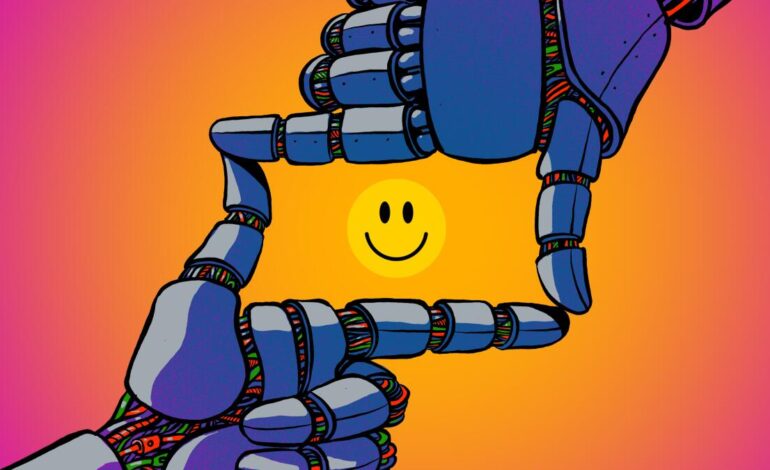Tariffs and AI: Challenges Facing New Graduates in 2023
New graduates in 2023 face a dynamic landscape shaped by tariffs and artificial intelligence. These economic shifts present both obstacles and opportunities, redefining career pathways. Understanding the role of these factors can help new professionals navigate their entry into the workforce more effectively.
The Role of Tariffs in Today’s Economy
In recent years, tariffs have become a key element shaping global trade and economics. For fresh graduates entering the workforce, understanding tariffs is crucial as these taxes on imports can impact job availability, especially in industries like manufacturing and technology. Tariffs can lead to increased production costs, which may reduce demand for certain goods and services. By staying informed about evolving trade policies, new graduates can better position themselves in industries less affected by these financial hurdles, or they might seek roles in companies that benefit from tariffs, such as domestic producers.
Artificial Intelligence: A Double-Edged Sword
Artificial intelligence (AI) is revolutionizing industries, offering both opportunities and challenges for new graduates. AI is being integrated into numerous fields, automating tasks and improving efficiency. On one hand, this advancement creates jobs in AI research and development, data analysis, and tech support. On the other hand, it also means some traditional roles may become obsolete. Graduates should focus on enhancing skills that complement AI technologies, such as critical thinking and complex problem-solving, to remain relevant in this AI-driven world.
Navigating Career Paths Amidst Change
To succeed amidst these shifts, graduates must adopt a flexible mindset and a commitment to lifelong learning. The interplay of tariffs and AI signals the need for adaptable professionals who can traverse varied career opportunities. Exploring diverse fields, acquiring new qualifications, and being open to global job markets can enhance employability. Staying updated with current trends and networking within industries can provide invaluable insights and opportunities. By actively steering their career paths, new entrants to the workforce can find success even in changing times.
Conclusion
Tariffs and artificial intelligence are significant forces reshaping the professional world for new graduates. By understanding these influences and adopting a proactive approach to skill development, graduates can successfully navigate and thrive in their careers, turning potential challenges into opportunities.





